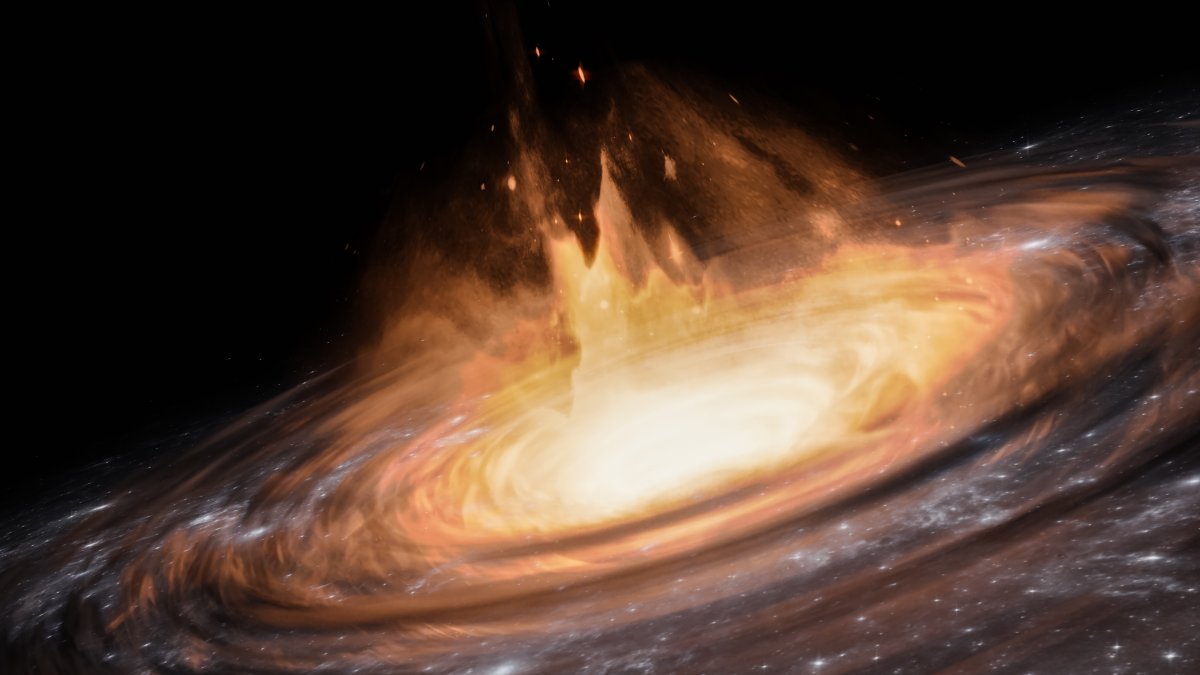A Canadian physicist presented research aimed at proving that the universe is 26.7 billion years old, and that dark matter does not exist. Rajendra Gupta of the University of Ottawa has adapted the theory of so-called mild fatigue, which has been rejected for decades, as a challenge to the currently prevailing picture of the universe. However, at the same time, he wrote in a recently published paper that his work can only explain two observations of the so-called baryonic acoustic oscillation (BAO). Other central measurements that form the basis of the Standard Model of cosmology have so far been excluded.
advertisement
It is not a new theory
Dark matter is a form of matter that has not yet been observed experimentally and is intended to explain the motions of galaxies and galaxy clusters. Scientists assume that there is a much larger amount of dark matter than standard matter. Although this mystery has not been observed, the theory is accepted because it answers several fundamental questions. Gupta contradicts this and points out his alternative: This assumes that natural constants become weaker over time and that light loses energy as it travels through the universe. Mild fatigue was first proposed by Swiss physicist Fritz Zwicky nearly 100 years ago However, the mild fatigue model is controversial. Instead, it is now assumed that the observed redshift is due to the expansion of the universe.
In now Work published in The Astrophysical Journal Gupta writes that his alternative theory — called CCC+TL — could explain two observations of baryonic acoustic oscillation (BAO). These are giant structures that are due to the interaction between gravity and pressure a few hundred thousand years after the Big Bang. Meanwhile, he also wrote that it remains to be seen whether the new model can also explain observations of cosmic microwave background radiation, post-Big Bang nucleosynthesis and “other important measurements.” The alternative explanation still has a long way to go before the Standard Model actually swings.
This publication is not the first test of Gupta's theory: he only did so in July published a studyAccording to which the universe is much older than generally assumed. The physicist estimates that 26.7 billion years have passed since the Big Bang. Only 13.7 billion years is generally accepted. The physicist acknowledges that there are always works that question such fundamental assumptions about the universe, but he claims that only his work can be reconciled with observations. Only in the fall did two studies that aimed to replace Albert Einstein's theory of relativity attract attention. But subsequent analyzes raised doubts about this.
(meh)

“Total coffee aficionado. Travel buff. Music ninja. Bacon nerd. Beeraholic.”







More Stories
Researchers detect extremely high-energy gamma rays
Anxiety disorders in old age increase the risk of dementia
Researchers are particularly fascinated by these exoplanets.